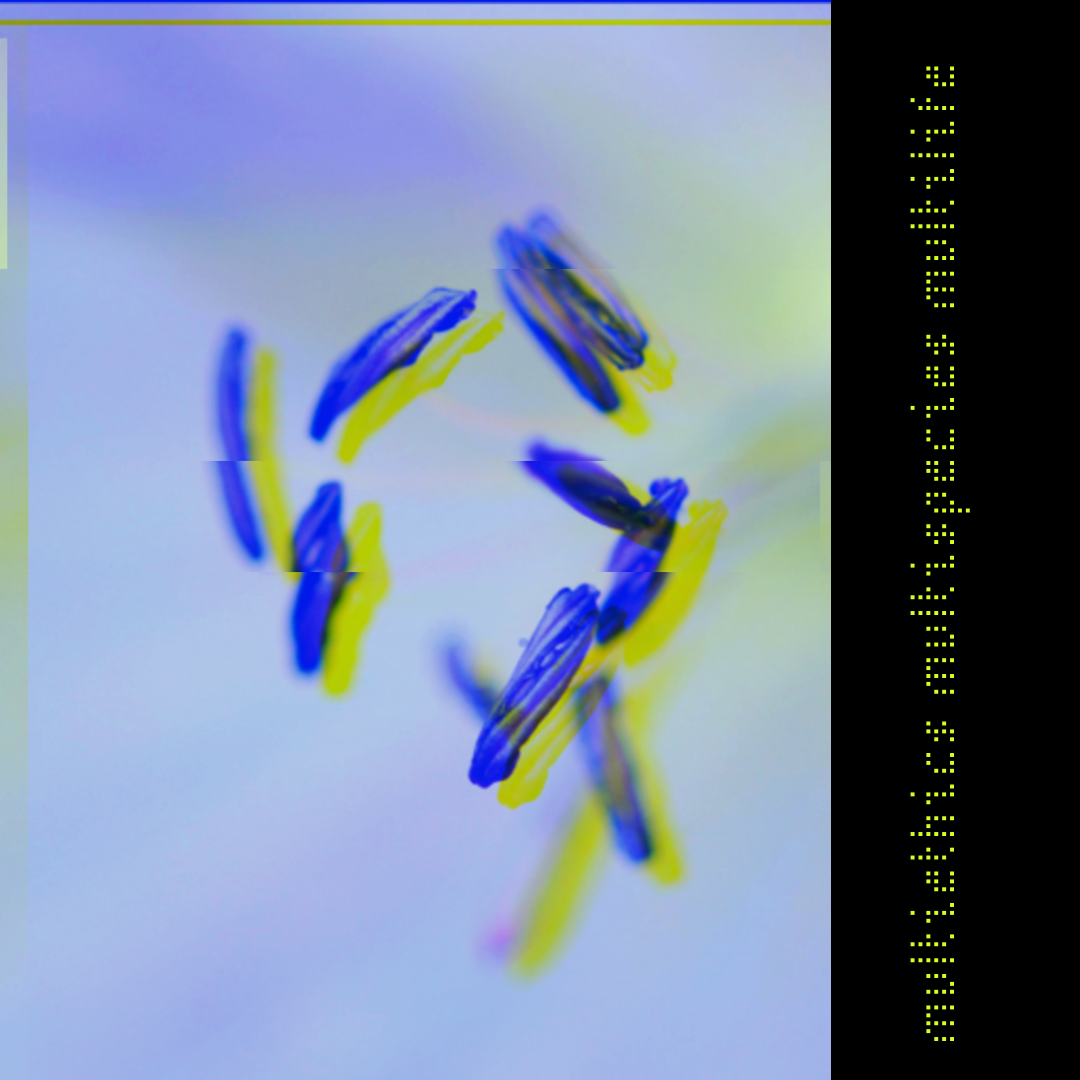
Gary Fincke
Artist Statement: Talking & Listening to Plants
Because my mother saw plants as decorative, she loved having them indoors, something to cheer up the windowsill above the kitchen sink or something larger to brighten a corner of the living room. For a few years, when I was in elementary school, I watered them every Saturday, but I never seemed to remember their names.
My father, who loved everything about the outdoors, saw plants as nature’s marvels. Not only were they beautiful, they were useful, even vital in case of emergency. Someone whose idea of a vacation was to hike and explore, he led a Boy Scout troop for half a century. For three of those years, I was a member of the Troop he oversaw, but my enthusiasm was mostly manufactured in order to please him.
Regardless, as if Nature were a religion, he never stopped trying to convert me.
I was always interested in the natural world as metaphor; he was interested in the natural world as tangible and real, taking all of it through the senses rather than the imagination. To know the natural world was to be self-sufficient and, for him, a verification of God.
It’s been sixty years since I last wore a Scout uniform, and I’ve forgotten all the knots and the Morse Code and most of the camping tips and first aid advice, but what’s stayed is an appreciation of the natural world, one that I didn’t even recognize I was genuinely absorbing. The absolute glory of it, whether through the richness of metaphor or the joy of re-entering as much of it as possible, even the small bits of parks and easy-hike mulched paths through forests. My father, perhaps, was satisfied with that when he read those poems of mine that referenced, through close observation, the outdoors.
GARY FINCKE's poetry collections have won what is now the Wheeler Prize (Ohio State), the Wheelbarrow Books Prize (Michigan State), The Stephen F. Austin Prize, the Jacar Press Prize, and the Arkansas Poetry Prize. Individual poems have appeared in such journals as The Paris Review, Poetry, The Kenyon Review, The Georgia Review, The Gettysburg Review, and Ploughshares.



